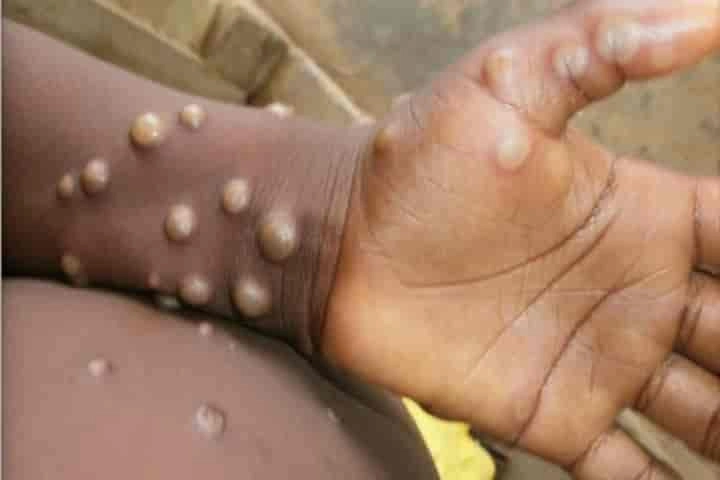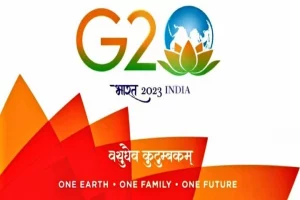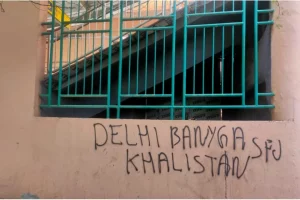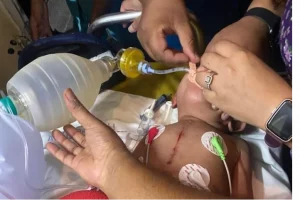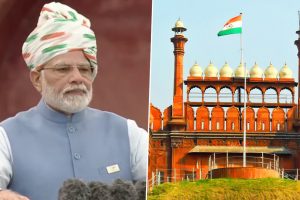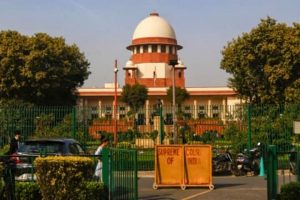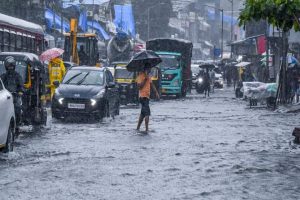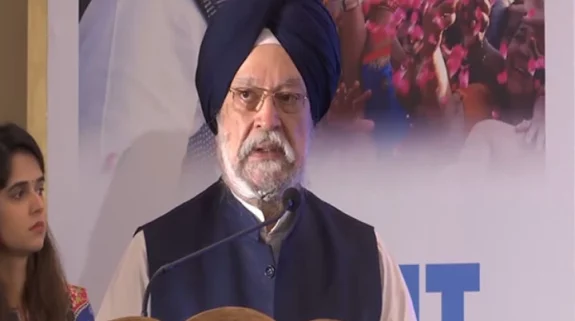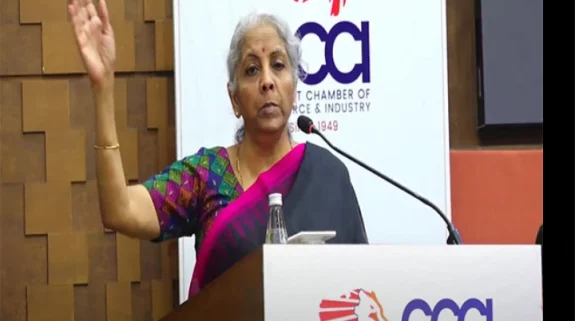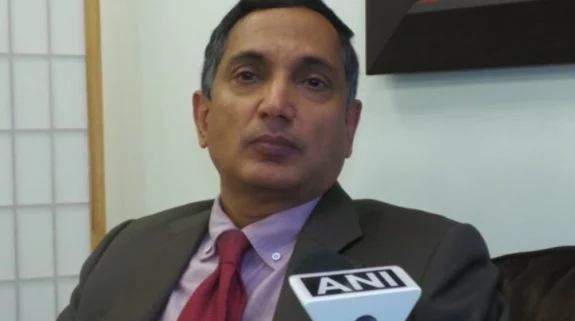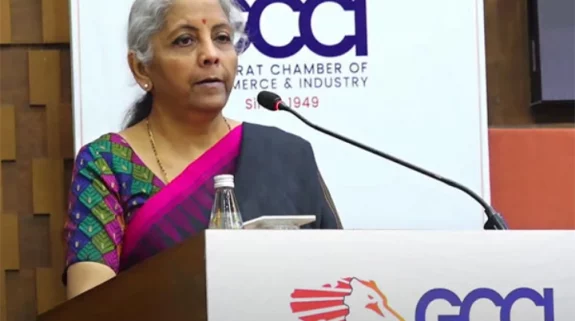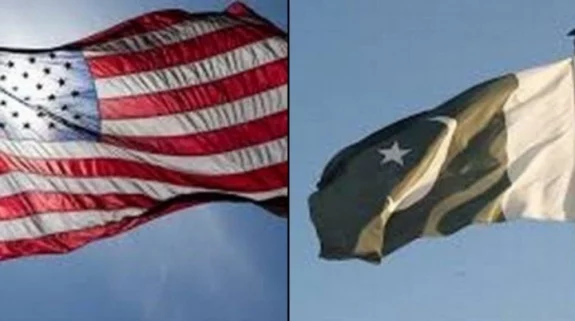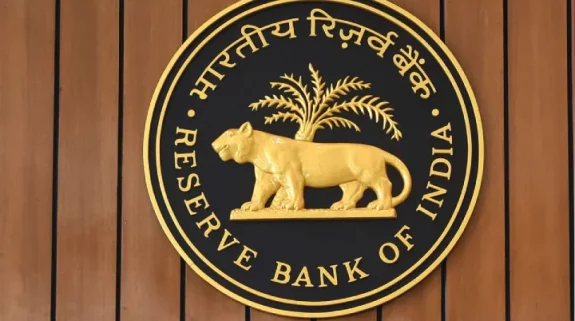A 31-year-old man in Delhi with no foreign travel history was diagnosed with monkeypox, making him the first patient infected with the disease in the capital.
The patient, who has been admitted to the city's Maulana Azad Medical College, had recently attended a party at Manali in Himachal Pradesh.
The West Delhi resident was admitted to hospital around three days ago with fever and skin lesions. His samples were sent to the National Institute of Virology (NIV) in Pune on Saturday, where they were found to be positive.
This is the fourth monkeypox case reported in India with the previous three being from Kerala.
The government has dedicated 16 laboratories in the country to carry out tests for monkeypox, including two for Kerala.
Monkeypox is a zoonotic virus with symptoms similar to smallpox, but less severe. The virus is transmitted from infected animals to humans through direct or indirect contact. However, it can also be transmitted from humans to humans through direct contact with the infected person's skin or lesions, and respiratory droplets.
So far, more than 16,000 monkeypox cases have been reported from 75 countries across the world. Five deaths have also been reported in Africa.
The rapidly spreading monkeypox outbreak represents a global health emergency, the World Health Organization's highest level of alert, WHO Director-General Tedros Adhanom Ghebreyesus said on Saturday.
The "public health emergency of international concern (PHEIC)" is declared in order to coordinate and international response and could unlock funding to collaborate on sharing vaccines and treatments.
"Although I am declaring a public health emergency of international concern, for the moment this is an outbreak that is concentrated among men who have sex with men, especially those with multiple sexual partners," Tedros told a media briefing in Geneva.
Members of an expert committee of the WHO that met on Thursday to discuss the potential recommendation were split on the decision, prompting Tedros himself to break the deadlock, he told journalists.






